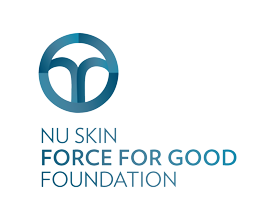To find the greatest marine biodiversity on the planet, head to the Bird’s Head region of Papua Island, home of unique corals, fish, and endangered sea turtles. Beaches there provide critical nesting habitat for green, olive ridley, and hawksbill turtles, as well as the magnificent leatherbacks.
This project is protecting about 2,000 marine turtle nests each year on Jamursba-Medi Beach, which is considered the most important nesting beach in the world for the critically endangered West Pacific leatherback. About 1,000 leatherbacks nest on this 11-mile-long beach each year, in two distinct nesting populations. Once in the ocean, hatchlings from each group head in different directions.
On paper, the beach is protected as part of the Jeen Womom Coastal Park. But the villages control access to the beach and determine which activities are allowed there. Fortunately, more and more community members have stopped harvesting or eating turtle eggs or meat, common practices until very recently. This change is largely due to the work of the Abun Leatherback Project. Since 2012, ALP community workers have brought environmental education and livelihood training to these villages. They have established close ties, living in the village and pitching in to teach in its chronically understaffed elementary school. Early on, students often talked about eating turtle eggs. But they no longer eat the eggs and are vocal advocates for protecting turtles.
The ALP team and community members have in the past protected about 25 percent of turtle nests on the beach. Building on its work, ALP will ask everyone in both villages to commit to not taking turtles or eggs. With the whole community on board, they can protect all the nests. They will patrol the beach daily, protect nests from pigs, dogs, and monitor lizards, and shade nests if the sand gets too hot. If a nest is too close to water, they will carefully move it.
The villagers say their most urgent need is education. Electricity and broadband recently came to the region, and a Seacology grant will fund computers, a projector, computer courses, and classroom and hands-on environmental education for 60 students for two years—giving them a chance at higher education.


















